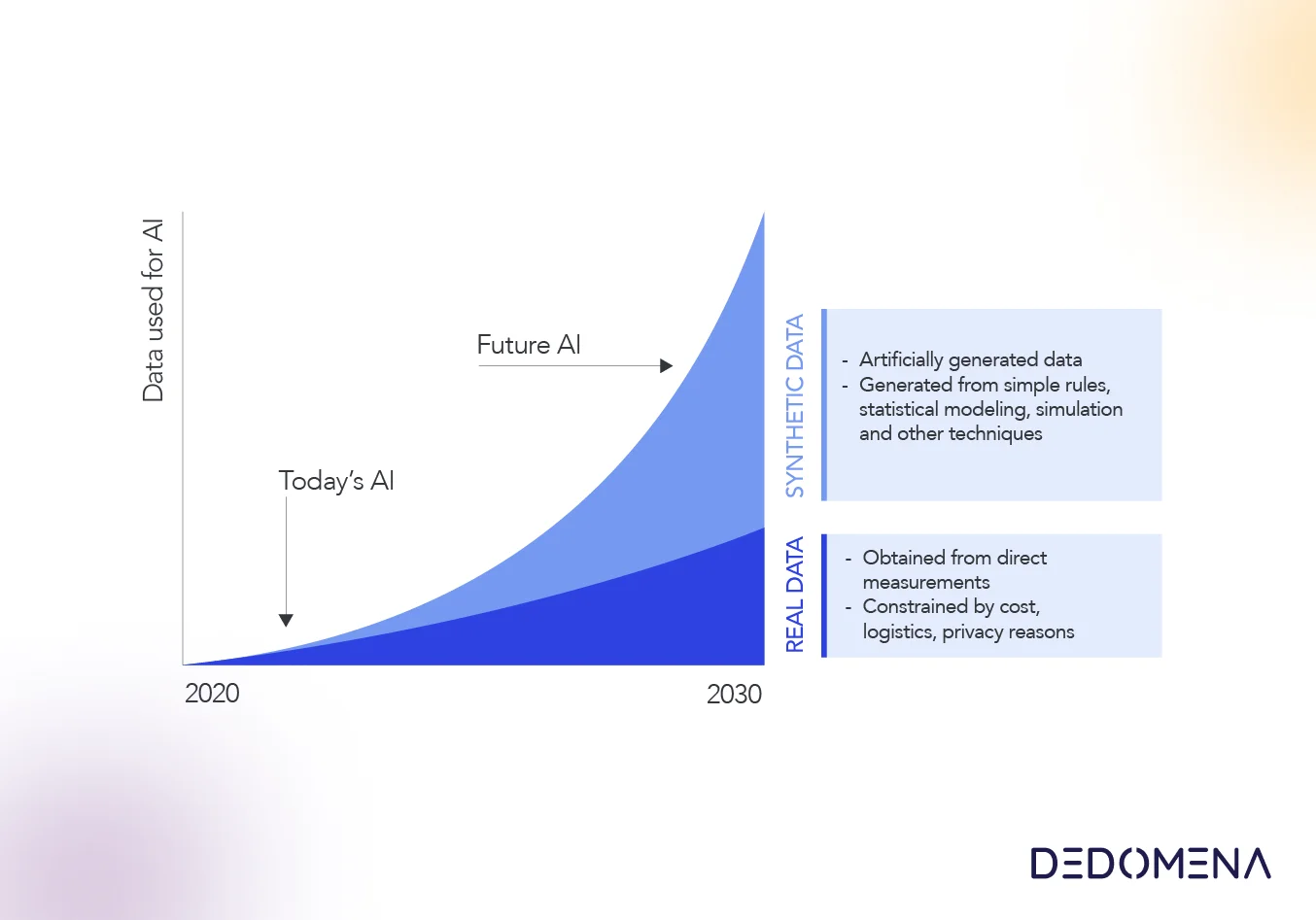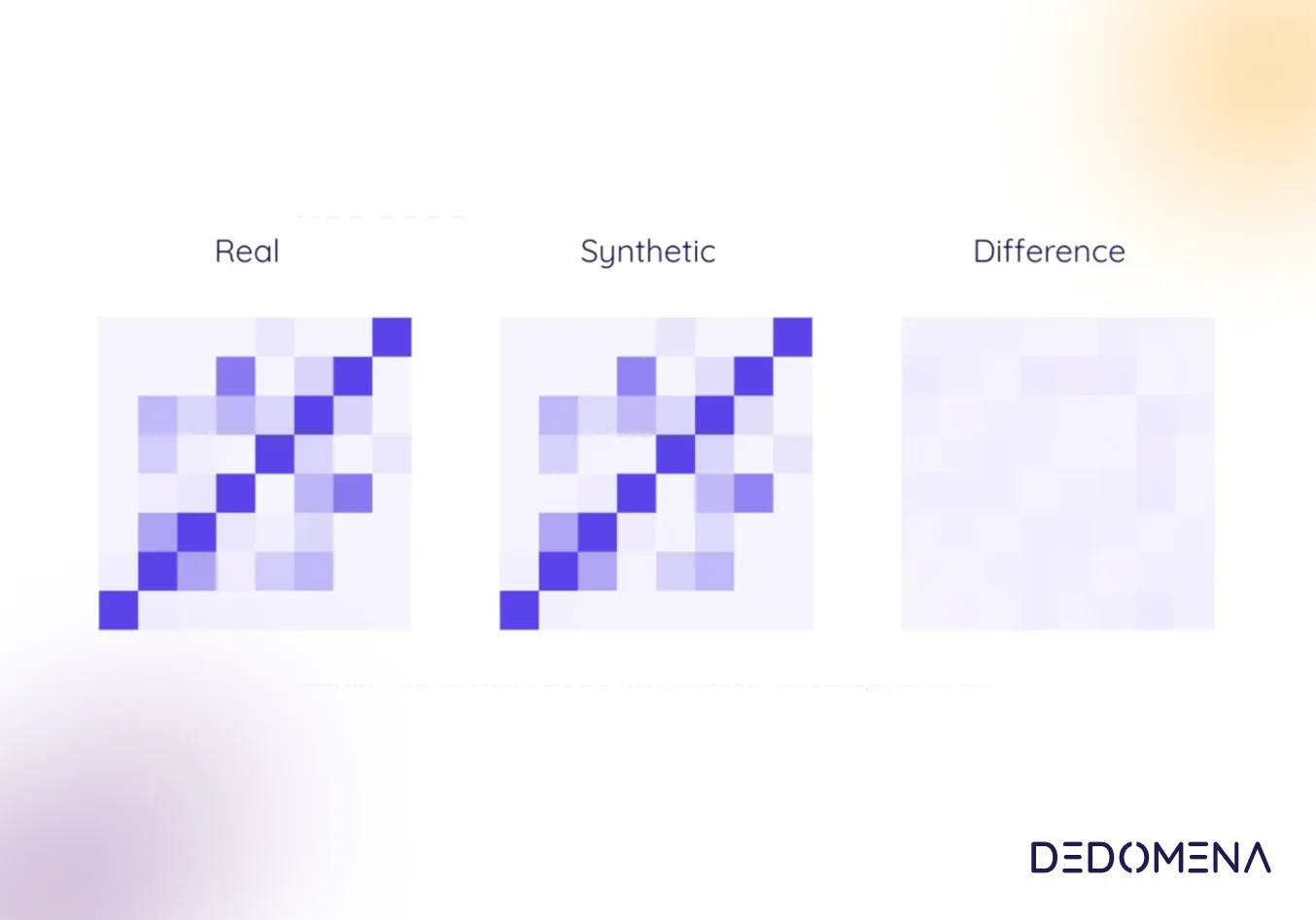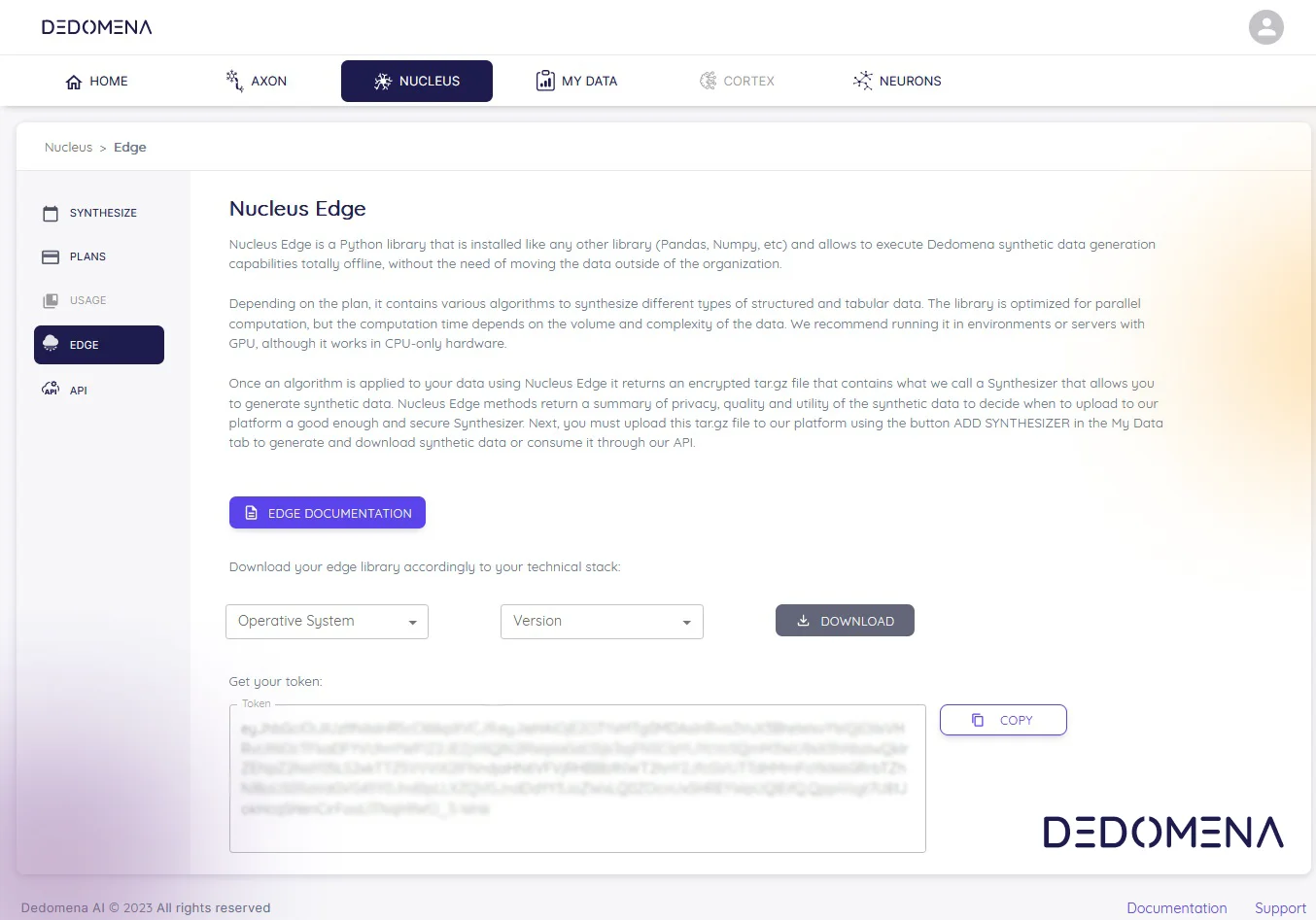In today's highly competitive business landscape, innovation is a cornerstone of success. Companies are constantly seeking new opportunities, refining their products and services, and leveraging data to make informed decisions. However, data-driven companies often grapple with a set of unique challenges that can impede their growth and success. Let's delve into these challenges before exploring the role of synthetic data as a powerful solution.
Data is the lifeblood of data-driven industries, but it also brings a unique set of hurdles. Data scarcity is a pervasive hurdle, inhibiting analytics and decision-making due to insufficient relevant data. Quality and bias issues further complicate matters, with inaccurate, incomplete, or biased data undermining the reliability of analyses. Stringent privacy regulations, such as GDPR, create additional complications by restricting data utilization, rendering certain data inaccessible. Prioritizing data protection is essential, necessitating high-level security measures, although this can sometimes hinder data utilization. Additionally, resource limitations come into play, making the procurement of specific datasets a costly and intricate process, particularly for organizations with limited financial resources. These financial barriers can further impede access to valuable data, underscoring the multifaceted challenges faced by data-driven industries.
Industries Leveraging Synthetic Data
In this environment, synthetic data has taken center stage as a powerful solution to these persistent challenges. It's a technologically advanced solution that uses algorithms to mimic real data while maintaining the utmost privacy. Synthetic data not only fully complies with data protection regulations but also offers remarkable flexibility, data enrichment, and statistical representativeness. Let's now explore five of the most critical data-driven industries where the use of synthetic data is truly transformative.
-
Banking: The financial sector consistently pioneers the utilization of synthetic data. It's employed for tasks such as fraud detection, risk assessment, and investment strategies. By generating synthetic data, companies can bridge the gaps left by non-quality, incomplete, and biased data and the constraints of privacy regulations. Synthetic financial data is pivotal in shaping the future of the banking industry. It enables personalized services and data privacy, making it the driving force behind AI/ML model development, price optimization, credit approval evaluations, risk identification, and opportunity forecasting.
-
Healthcare: In the healthcare sector, data is at the core of medical research, patient care, and drug development. However, healthcare data is one of the most sensitive data types, with special protections from HIPAA and GDPR. Accessing this data is incredibly complex. Synthetic healthcare data offers a secure and ethical approach for researchers and data analysts to conduct in-depth analyses without compromising patient privacy. It faithfully replicates all statistical patterns while remaining entirely artificial, providing the possibility of sharing data without privacy concerns. This empowers healthcare professionals to accelerate research, develop life-saving treatments, and improve service efficiency without compromising data security.
-
Insurance: The insurance sector relies heavily on data analysis for pricing, risk assessment, and claims management. However, insurers often face challenges in acquiring and sharing sensitive customer data. Synthetic data can be harnessed to identify, create, and evaluate new products tailored to address precise customer requirements while adhering to the most stringent privacy and legal standards. It can create simulated policyholder profiles and claims data, facilitating improved risk modeling, underwriting, and claims processing, and facilitating the conduction of fraud detection models. Insurers can fine-tune their predictive models, translating into devising tailored strategies and optimizing risk management processes with the highest flexibility. It also has the potential to enhance the customer experience by boosting conversion rates through secure, real-time information exchanges within and across various departments and jurisdictions.
-
Mobility and Transportation: The mobility and transportation industry is on the cusp of a transformation driven by data. Real-world data from sensors and cameras in autonomous vehicles is crucial for training machine learning models. However, collecting and managing this data can be challenging and costly. Synthetic data can simulate diverse driving scenarios, allowing developers to fine-tune their algorithms and improve the safety and performance of autonomous vehicles. The development and testing of driver assistance systems, such as collision avoidance technologies and adaptive cruise control, heavily rely on synthetic data. These systems need extensive datasets for training and validation. Synthetic data provides a diverse and extensive set of scenarios, enabling more robust and reliable systems that enhance safety and convenience for drivers. Moreover, the transportation industry can use synthetic data to optimize traffic management and reduce congestion, contributing to sustainable urban planning.
-
Machine Learning: Machine learning is a critical driver of innovation in various sectors. The availability of an ample volume of training data is indispensable for the success of these projects. However, often, in new developments, initial data may be insufficient or historical data may be absent, and acquiring additional data points may be expensive or time-consuming. In this context, AI-generated synthetic data displays great potential in addressing these challenges. Synthetic data is fundamental for the training and validation of machine learning models. It aids these models in acquiring a deeper grasp of patterns by offering a notably larger pool of samples compared to what's available in the original data. Generating synthetic data that mimics real-world scenarios is vital for improving the accuracy and robustness of these models. Machine learning professionals can use synthetic data to create diverse and challenging datasets, enabling their models to perform effectively in the complex environments they encounter.
A Data-Driven Future
Synthetic data has emerged as a vital resource across a myriad of industries, providing innovative solutions to address data privacy, security, and accessibility challenges. As the need for high-quality, trustworthy data continues to grow, so does the importance of synthetic data. Industries such as healthcare, finance, autonomous vehicles, insurance, and more are at the forefront of leveraging the power of synthetic data to unlock new insights, improve operations, and drive innovation. The future of data-driven sectors is firmly rooted in the versatile and transformative capabilities of synthetic data, paving the way for a data-driven world that is both ethical and efficient.

















































